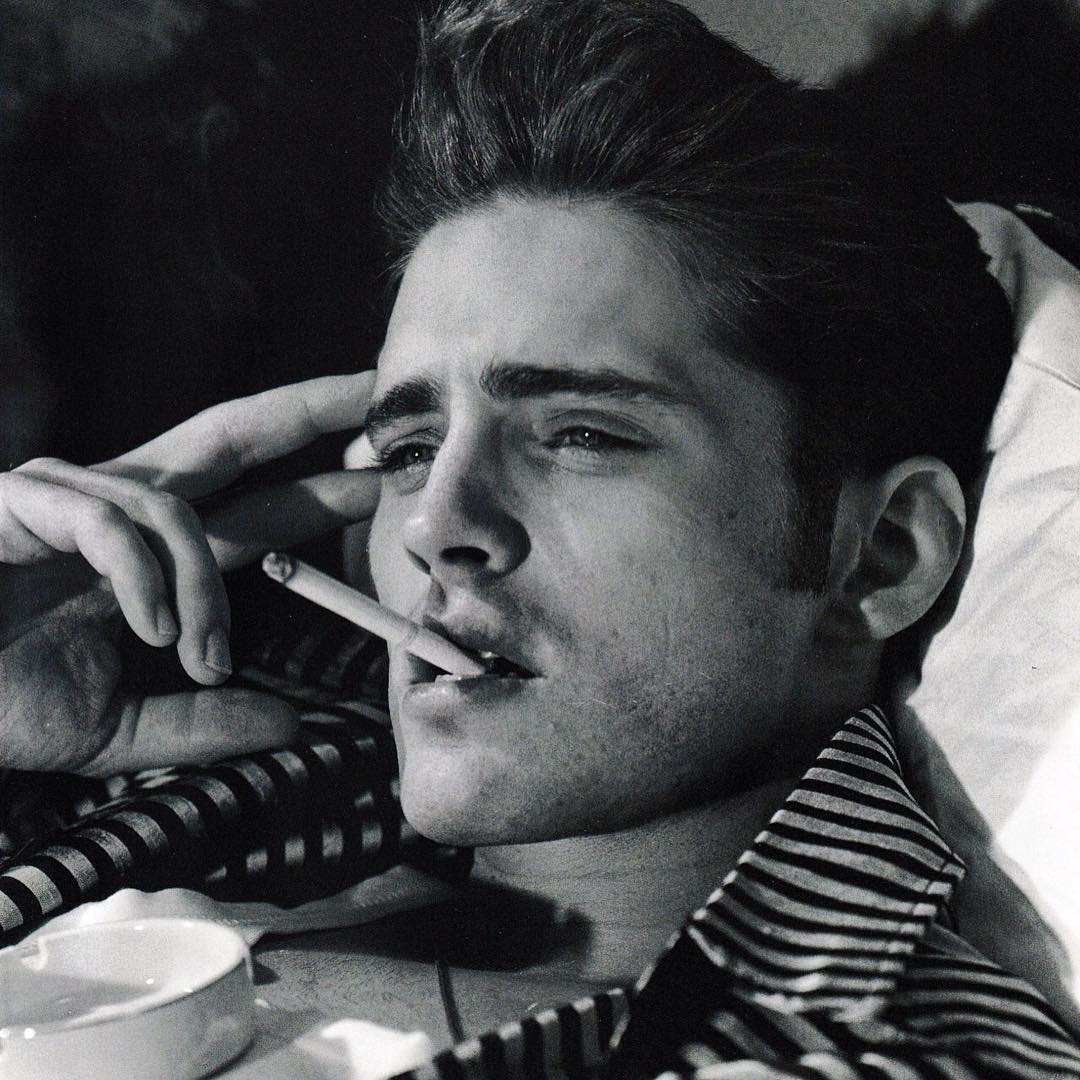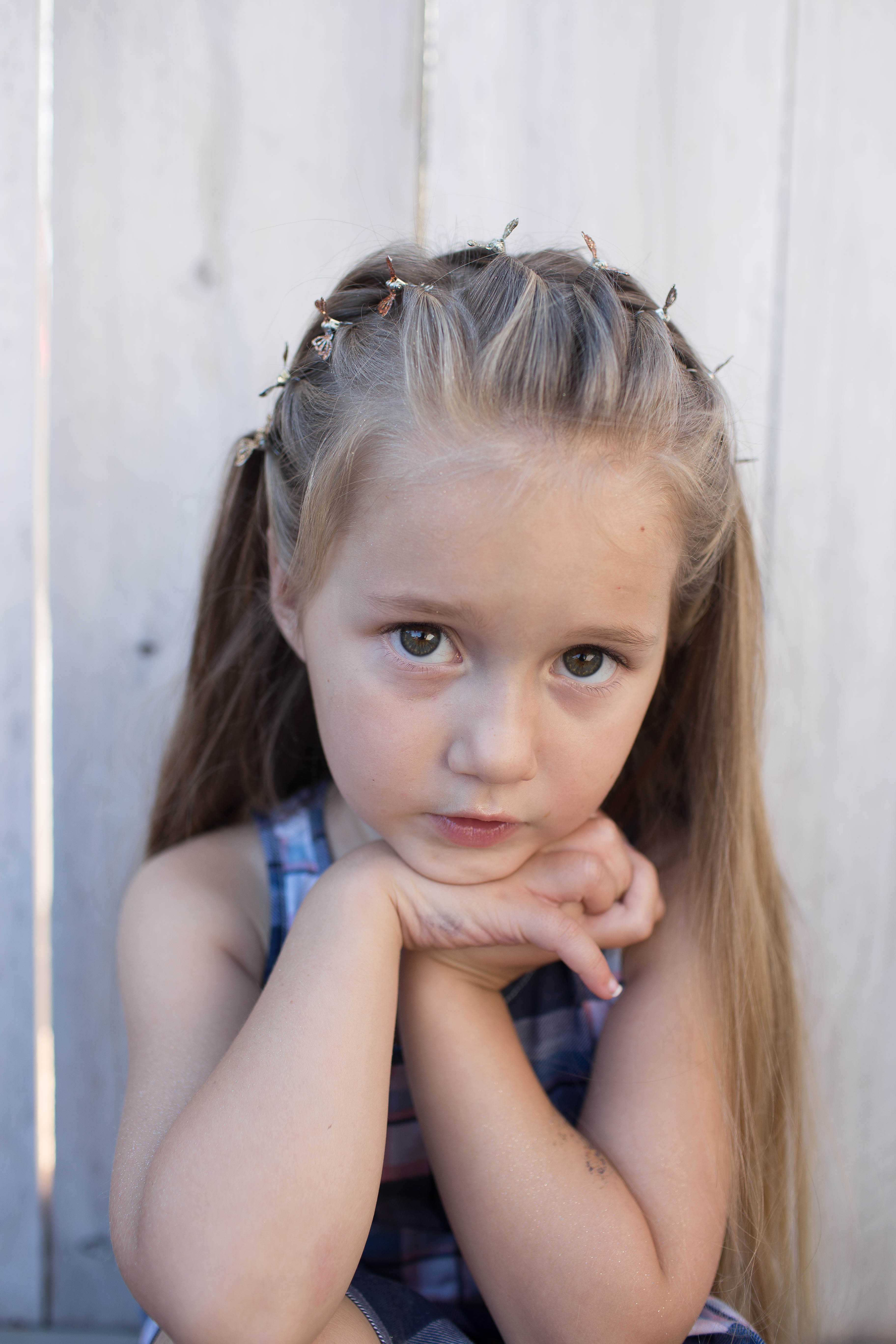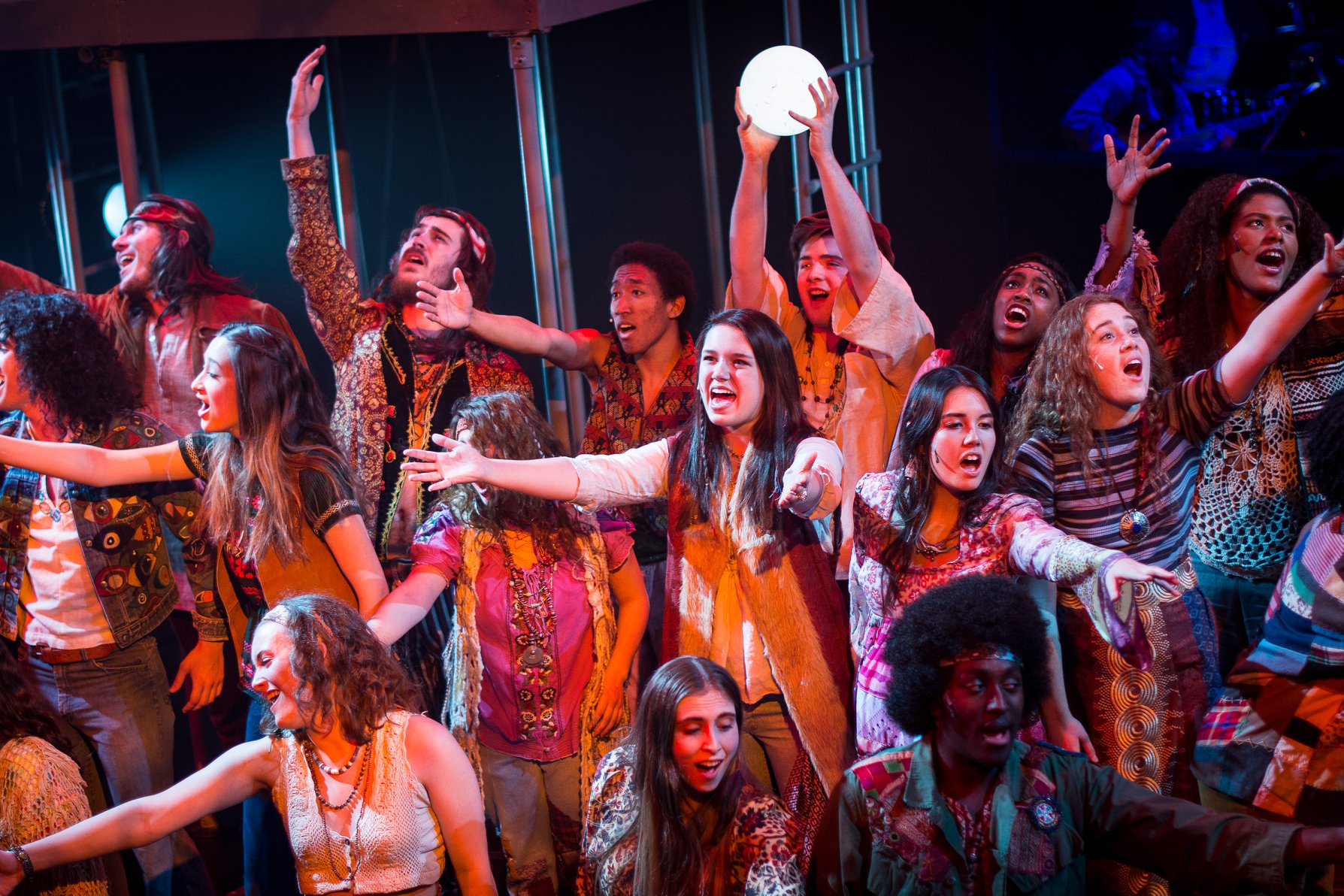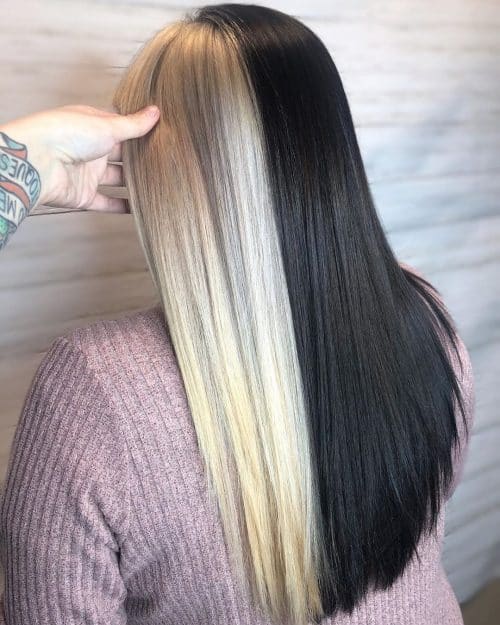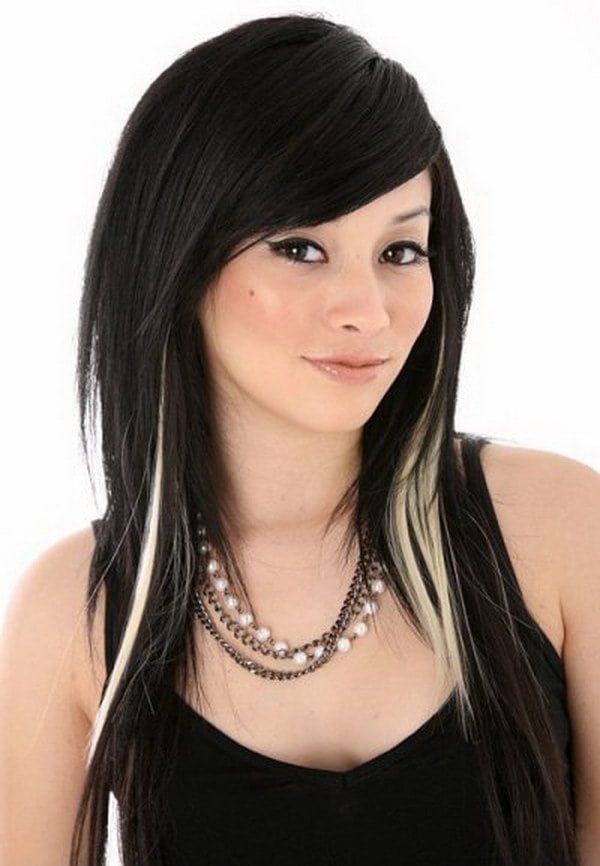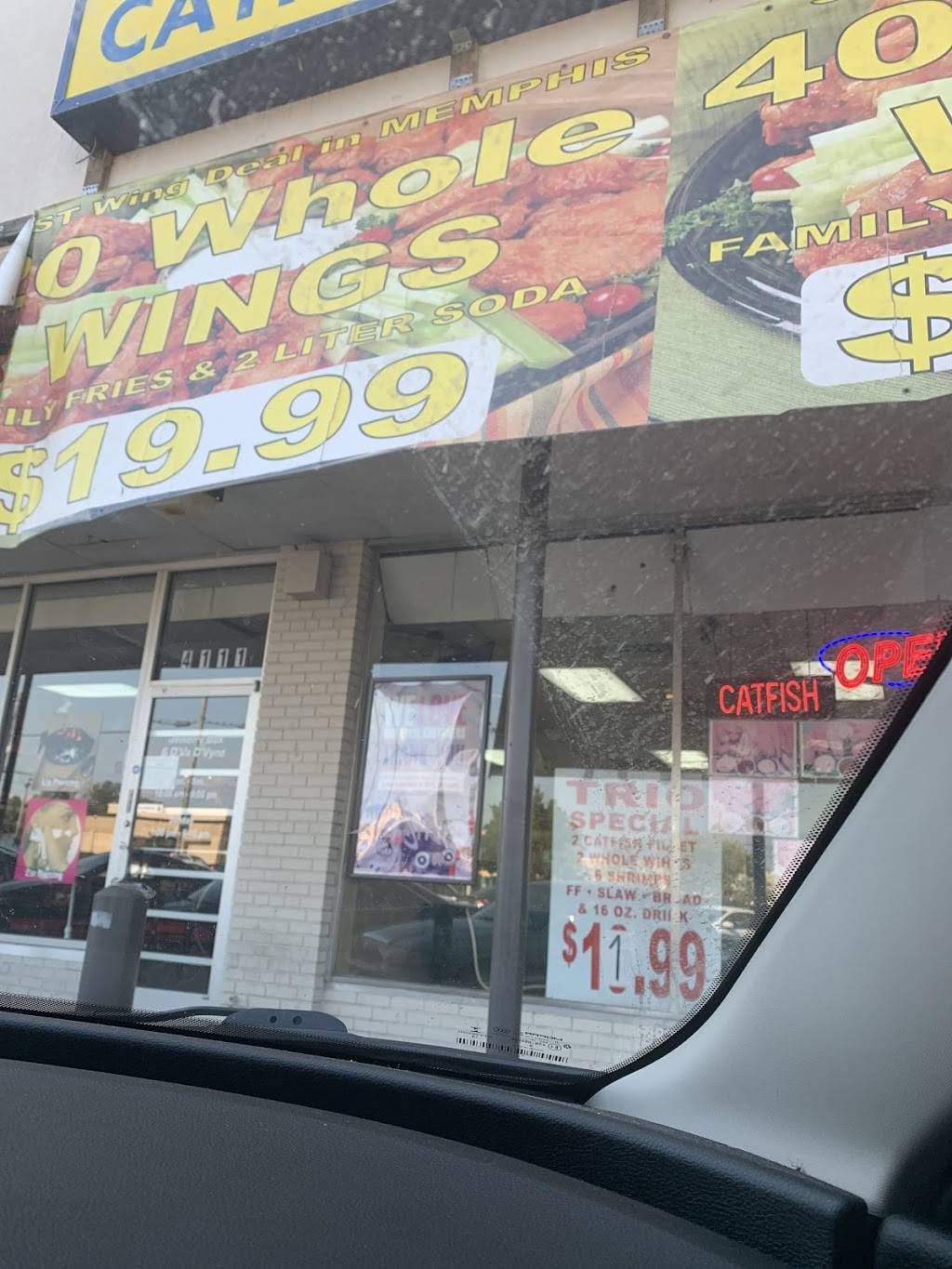Table Of Content

In defiance, Claude leads the tribe in celebrating their vitality ("I Got Life"). An appreciation of the 1967 love-rock musical, which, against the odds, won over audiences across the world. After handing out imaginary pills to the tribe members, saying the pills are for high-profile people such as Richard Nixon, the Pope, and "Alabama Wallace", Berger relates how he was expelled from high school.
Revival of a Musical
Jaja's African Hair Braiding on Broadway - Harper's BAZAAR
Jaja's African Hair Braiding on Broadway.
Posted: Wed, 27 Sep 2023 07:00:00 GMT [source]
He declares himself "president of the United States of Love" ("Colored Spade"). In a fake English accent, Claude says that he is "the most beautiful beast in the forest" from "Manchester, England". A tribe member reminds him that he's really from Flushing, New York ("Manchester England"). Hud, Woof and Berger declare what color they are ("I'm Black"), while Claude says that he's "invisible". Four African-American tribe members recite street signs in symbolic sequence ("Dead End").
‘Mother Play’ Broadway Review: Jessica Lange and Jim Parsons Battle for the Soul of a Family
Three tribe members dress up as principals in Hitler mustaches and swastika arm bands, mocking the American education system. He pretends to burn his Vietnam War draft card, which Berger reveals as a library card. Following his "trip", Claude falls out with Berger and the tribe members, ostensibly due to a practical joke on Sheila (taking her clothes while she's skinny-dipping, which forces her to hail a taxi in just her panties), but also due to their philosophical differences over the war in Vietnam — and over personal versus communal responsibility. After wandering the city ("Where Do I Go?"), Claude finally reports to the draft board (“Black Boys/White Boys”), completes his enlistment, and is shipped off to Nevada for basic training. Claude Hooper Bukowski of Oklahoma is sent off to New York City after being drafted into the Army ("Aquarius"). Before his draft board-appointment, Claude explores New York, where he encounters a close-knit "tribe" of hippies led by George Berger.
AQUARIUS 2008 Remake
In Robert Anderson’s 1953 drama “Tea and Sympathy,” a young college student suspected of being gay asks a friend to show him how to walk like a real man. Vogel turns that notoriously homophobic scene inside out when Carl shows his sister how to walk like a man to protect herself from unwanted sexual advances. Later, Phyllis, aghast at her daughter’s appearance, shows Martha how to walk like a real woman. Most similar between “Mother Play” and “The Glass Menagerie” are the ways in which Phyllis and Amanda batter their respective sons, Carl (Jim Parsons) and Tom, about where they go at night. Since it’s the late 1960s and beyond in “Mother Play,” Phyllis doesn’t hold back to express her revulsion, using just about every gay slur there is in Webster’s. As the play’s full title would suggest, “Mother Play” does not take place over the period of a few days but rather a few decades as this family of three moves in and out of several apartments.
As they "look at the Moon," Sheila and the others enjoy a light moment ("Good Morning Starshine"). He leaves as the tribe enters wrapped in blankets in the midst of a snow storm. Berger calls out "Claude! Claude!" Claude enters dressed in a military uniform, his hair short, but they do not see him because he is an invisible spirit. Two tribe members dressed as tourists come down the aisle to ask the tribe why they have such long hair. In answer, Claude and Berger lead the tribe in explaining the significance of their locks ("Hair"). The woman states that kids should "be free, no guilt" and should "do whatever you want, just so long as you don't hurt anyone." She observes that long hair is natural, like the "elegant plumage" of male birds ("My Conviction").

Awards and honors
The tribe moves in front of Claude as Sheila and Dionne take up the lyric. The whole tribe launches into "Let the Sun Shine In", and as they exit, they reveal Claude lying down center stage on a black cloth. During the curtain call, the tribe reprises "Let the Sun Shine In" and brings audience members up on stage to dance.
He is then introduced to various race and class issues of the 1960s ("Hashish", "Colored Spade", "Manchester", "I'm Black/Ain't Got No"). The next morning, Berger finds a newspaper clipping which gives Sheila's home address. The tribe members — LaFayette "Hud" Johnson, Jeannie Ryan (who is pregnant), and "Woof Dacshund" — crash a private dinner party to introduce Claude to Sheila, who secretly enjoys her rigid environment being disrupted ("I Got Life"). After Berger and company are arrested, Claude uses his last $50 to bail him out of jail — where Woof resists having his hair cut ("Hair").

A Broadway revival of Hair opened in 1977 for a run of 43 performances. It was produced by Butler, directed by O'Horgan and performed in the Biltmore Theater, where the original Broadway production had played. By the late 1960s, it was only a matter of time before rock music — real rock music, not the Tin Pan Alley-spoof kind — hit Broadway.
It’s also unforgivably untidy, impossibly naive, insufferably lazy here and unmistakably thinning there — but inescapably, infuriatingly winning, too, what with the snuggle-puppies vibe of its hippie-commune characters and the undertone of existential confusion that shades and deepens the best of the sunny-with-a-chance-of-apocalypse tunes. Our website is made possible bydisplaying online advertisements to our visitors. The tribe recites a list of pharmaceuticals, legal and illegal ("Hashish"). Woof, a gentle soul, extols several sexual practices ("Sodomy") and says, "I grow things." He loves plants, his family and the audience, telling the audience, "We are all one." Hud, a militant African-American, is carried in upside down on a pole.
This scaffolding was decorated with found objects that the cast had gathered from the streets of New York. These included a life-size papier-mâché bus driver, the head of Jesus, and a neon marquee of the Waverly movie theater in Greenwich Village.[99] Potts' costumes were based on hippie street clothes, made more theatrical with enhanced color and texture. Some of these included mixed parts of military uniforms, bell bottom jeans with Ukrainian embroidery, tie dyed T-shirts and a red white and blue fringed coat.[99] Early productions were primarily reproductions of this basic design. You know the big songs — “Aquarius,” “Let the Sunshine In,” “Good Morning Starshine” — and the Signature Theatre cast, backed by Angie Benson’s bangin’ eight-piece band, sells them with all the heart and the lung power you’d expect in a spring-tentpole production from an American musical-theater powerhouse. The physical staging more than measures up, too, with costumes by Kathleen Geldard so apt they might be made entirely of hemp and patchouli, plus a jam-packed set (by Paige Hathaway) that compresses the proceedings toward the audience.
Vogel shows us what might have happened to Amanda, Tom and Laura Wingfield after the curtain falls in “The Glass Menagerie” — and if they’d lived in Washington, D.C., and if they’d lived in a later time frame (1964 to the 21st century) and if Tom returned. And that’s not the only “if.” Phyllis (Jessica Lange), the mother in Vogel’s play, would no doubt prefer that her daughter, Martha (Celia Keenan-Bolger), had Laura’s physical challenge over the one this young woman faces. Ronny Dyson and Melba Moore, both from the Broadway version of Hair, both sing on "Three Five Zero Zero". That evening, Claude gets stoned on marijuana with Berger and the tribe.
Claude returns from the induction center, and tribe members act out an imagined conversation from Claude's draft interview, with Hud saying "the draft is white people sending black people to make war on the yellow people to defend the land they stole from the red people". Claude gives Woof a Mick Jagger poster, and Woof is excited about the gift, as he has said he's hung up on Jagger. Three white women of the tribe tell why they like "Black Boys" ("black boys are delicious ..."), and three black women of the tribe, dressed like The Supremes, explain why they like "White Boys" ("white boys are so pretty ..."). Hair tells the story of the "tribe", a group of politically active, long-haired hippies of the "Age of Aquarius" living a bohemian life in New York City and fighting against conscription into the Vietnam War. Claude, his good friend Berger, their roommate Sheila and their friends struggle to balance their young lives, loves and the sexual revolution, with their rebellion against the war and their conservative parents and society. Ultimately, Claude must decide whether to resist the draft as his friends have done, or to serve in Vietnam, compromising his pacifist principles and risking his life.


